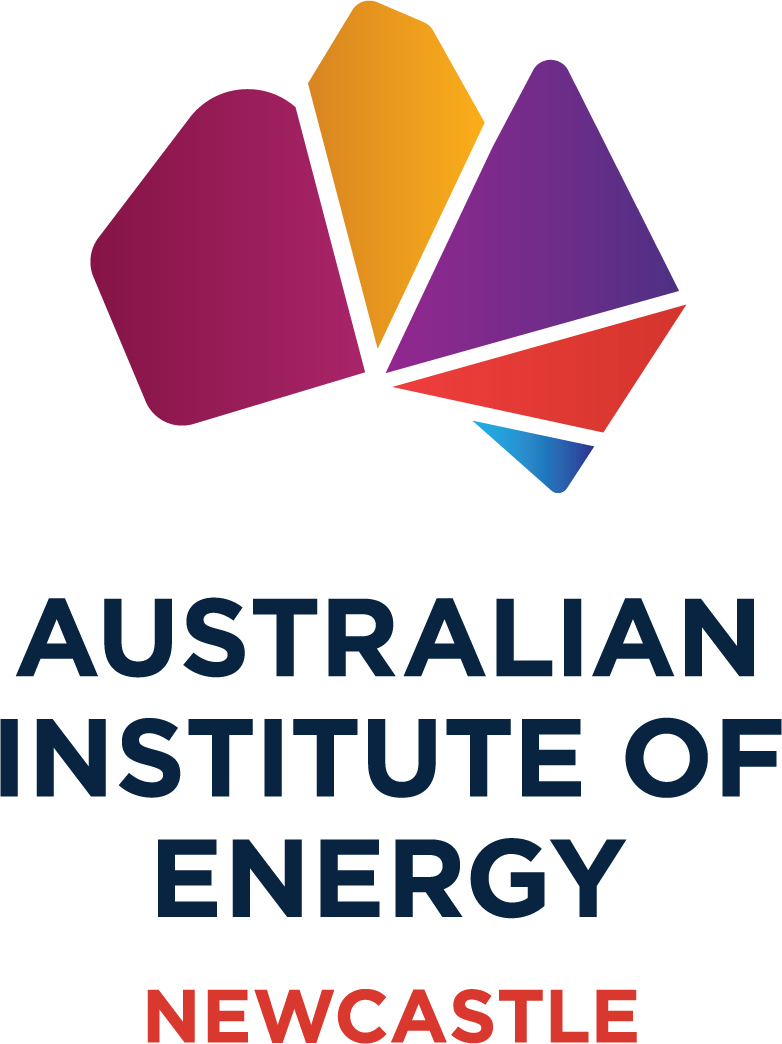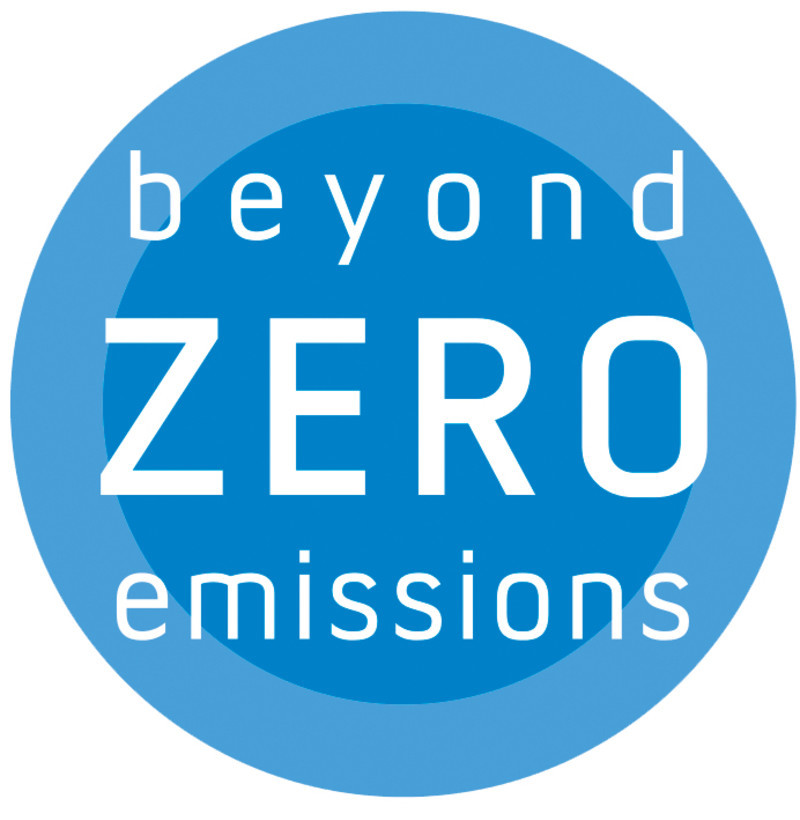Pilot program investigates feasibility of microgrids for regional and remote energy reliability
Under Round Two of the Regional and Remote Communities Reliability Fund, the Federal Government is committing $25.6 million to back 20 microgrid feasibility studies.

The studies will investigate whether establishing a microgrid, or upgrading existing off-grid technologies, would better meet the energy needs of regional and remote communities.
Microgrids reduce regional communities’ reliance on diesel generation, bringing down the price of electricity bills for households and businesses and cutting emissions.
Minister for Energy and Emissions Reduction Angus Taylor said regional and remote communities face unique energy challenges and the Government is committed to ensuring they are not disadvantaged by unreliable and expensive energy.
Through the Regional and Remote Communities Reliability Fund, the Government is providing around $45 million for feasibility studies in over 110 communities across Australia.
The Government has also allocated a further $50 million for grants, to be administered by the Australian Renewable Energy Agency, to support microgrid pilot studies in regional communities.
NSW will be the site of three successful pilots from funding round 2. The Cobargo Microgrid Feasibility Study and Load Control Trial, Bawley Point Kiola Resilient Energy project and Southcoast u-grids Reliability Feasibility (SuRF) project are all situated in the south-east of the state.













